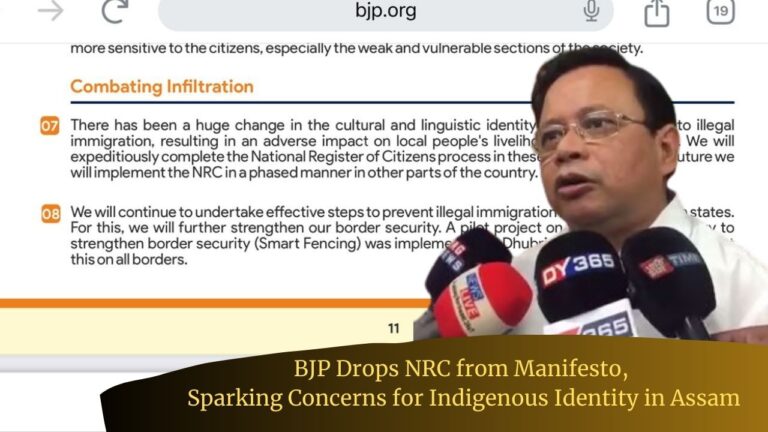Robert Mugabe, who has died aged 95, used repression and fear to hold on to power in Zimbabwe for 37 years until he was finally ousted when his previously loyal military generals turned against him.
After his humiliating fall from office in November 2017, his phenomenal physical stamina seeped away rapidly.
First heralded as a liberator who rid the former British colony Rhodesia of white-minority rule, Robert Gabriel Mugabe will instead be remembered a despot who crushed political dissent and ruined the national economy.
The former political prisoner turned guerrilla leader swept to power in the 1980 elections after a growing insurgency and economic sanctions forced the Rhodesian government to the negotiating table.
In office, he initially won international plaudits for his declared policy of racial reconciliation and for extending improved education and health services to the black majority.
But his lustre faded quickly.
Mugabe had taken control of one wing in the guerrilla war for independence — the Zimbabwe African National Union (ZANU) and its armed forces — after his release from prison in 1974.
His partner in the armed struggle — the leader of the Zimbabwe African People’s Union (ZAPU), Joshua Nkomo — was one of the early casualties of Mugabe’s crackdown on dissent.
Nkomo was dismissed from government, where he held the home affairs portfolio, after the discovery of an arms cache in his Matabeleland province stronghold in 1982.
Mugabe, whose party drew most of its support from the ethnic Shona majority, then unleashed the North Korean-trained Fifth Brigade on Nkomo’s Ndebele people in a campaign known as Gukurahundi that killed an estimated 20,000 suspected dissidents.
Yet it was the violent seizure of white-owned farms nearly two decades later that would complete Mugabe’s transformation into an international pariah — though his status as a liberation hero still resonates strongly in most of Africa.
Aimed largely at placating angry war veterans who threatened to destabilise his rule, the land reform policy wrecked the crucial agricultural sector, caused foreign investors to flee and helped plunge the country into economic misery.
At the same time, Mugabe clung to power through increased repression of human rights and by rigging elections.





















